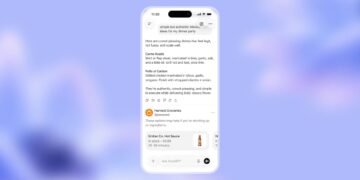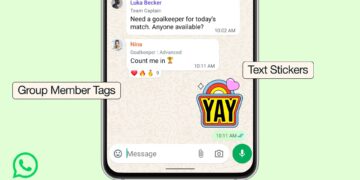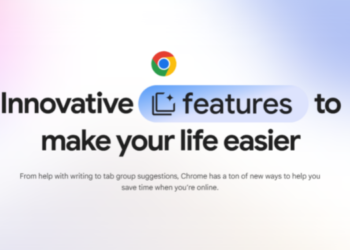In an attempt to optimize its advertising budget, Spotify is altering its approach towards white-noise podcasters. Starting in October, these creators will no longer benefit from the Ambassador Ads program, which pays for on-air ad readings. This shift follows a Bloomberg report suggesting the streaming giant now demands 1,000 unique listeners within the past 60 days for podcasters to qualify for this advertising scheme, a significant leap from the earlier criterion of 100.
2023 saw Spotify downsizing its workforce by 600. Insiders speculate that the company’s reservation about spending on Ambassador Ads for white-noise channels stems from the nature of these podcasts. Primarily featuring repetitive loops of soothing sounds – from chirping birds and roaring thunderstorms to ambient static – white-noise content predominantly serves as a tranquil backdrop for activities such as meditation, sleep, or study.
However, delving into this unique category has financially benefited some creators. An individual, who transitioned to producing white-noise podcasts as his primary profession, disclosed earning around $12.25 for every 1,000 listens. Given his content’s popularity, his monthly earnings scaled to an impressive $18,375.
Yet, Spotify appears to be emphasizing a strategy to promote content that maximizes its revenue. An internal memo, accessed by Bloomberg, unveiled that diverting listeners from white noise to other content verticals might save Spotify a considerable $38 million annually. Despite these speculations, an official response from Spotify highlighted that such a plan hasn’t been realized yet.
As the digital streaming landscape becomes more competitive, platforms like Spotify are continually recalibrating to ensure their resources are channelled effectively. While niche creators have found a profitable space, it’s evident that streaming platforms are looking to strike a balance between user preferences and their bottom line.




















































